
StudyGPT - AI-Powered Study Tool
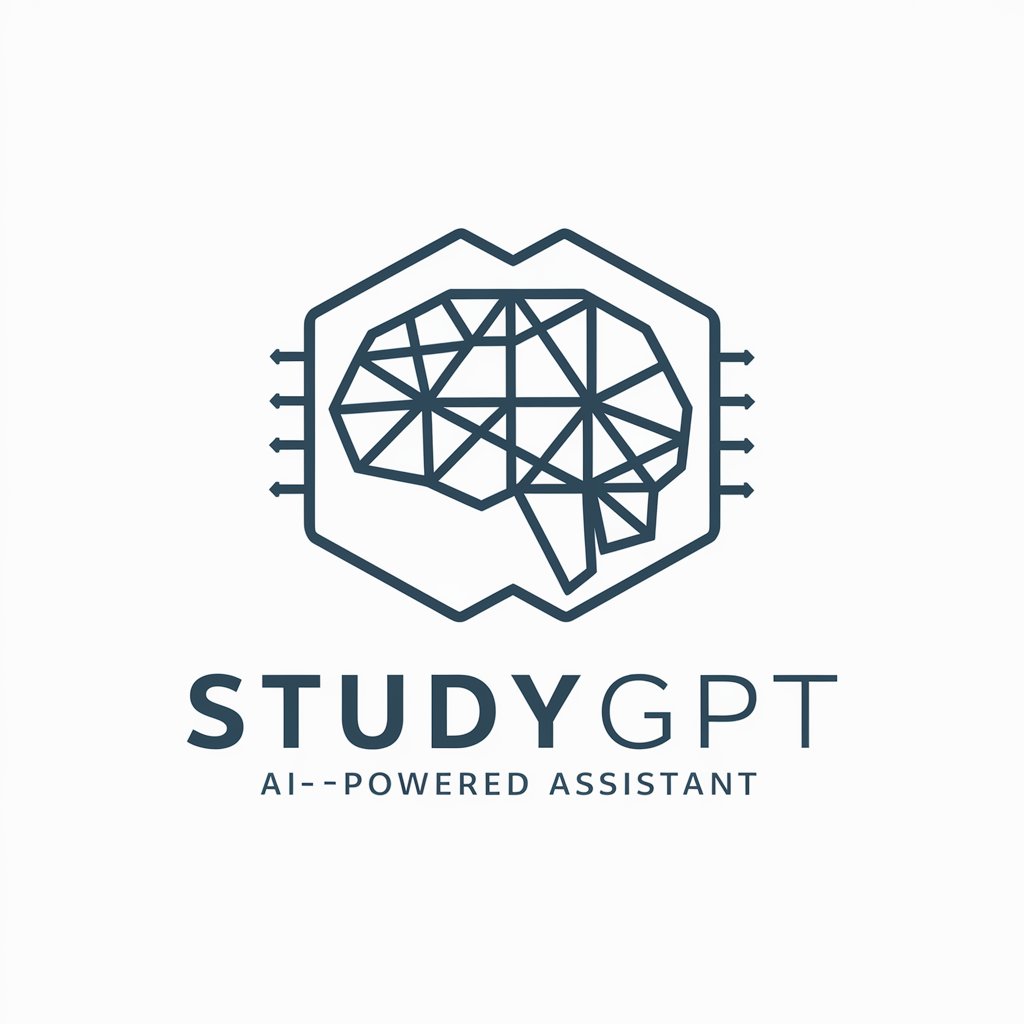
Welcome to StudyGPT, your detailed PDF summarizer!
Revolutionize Learning with AI
Summarize the main points from the PDF document...
Provide a detailed bullet-point list of...
Explain the key concepts in the PDF, focusing on...
Break down the PDF into a structured summary, highlighting...
Get Embed Code
Overview of StudyGPT
StudyGPT is a specialized version of ChatGPT tailored for academic and educational tasks. It's designed to assist users in comprehending, summarizing, and engaging with educational content, often found in textbooks, articles, or lecture notes. StudyGPT can transform dense material into more digestible formats like bullet-point summaries, detailed explanations, and schematic overviews. A practical example of StudyGPT’s function is aiding a student in understanding a complex scientific article by breaking down its key concepts, methodologies, and findings into a structured, easy-to-understand summary. Powered by ChatGPT-4o。

Core Functions of StudyGPT
Summarization
Example
Summarizing a 30-page research paper on climate change into a concise summary that highlights main arguments, results, and conclusions.
Scenario
A university student uses this summary to prepare for an exam or to develop a presentation on environmental science topics.
Detailed Explanations
Example
Explaining complex mathematical theories or theorems, such as the 'Four Color Theorem', detailing its proof and implications in graph theory.
Scenario
A high school math teacher uses these explanations to prepare teaching materials that are more engaging and understandable for students.
Generating Study Aids
Example
Creating flashcards or practice quizzes based on a textbook chapter on European history focusing on World War II.
Scenario
A history tutor uses these study aids to help students memorize important dates, figures, and events for an upcoming test.
Target User Groups for StudyGPT
Students
Students of all educational levels benefit from StudyGPT's ability to distill complex information into more accessible forms, assisting them in study preparation, revision, and understanding challenging material.
Educators and Teachers
Educators can use StudyGPT to develop teaching materials, create interactive and engaging learning experiences, and provide personalized education support, making complex subjects approachable to students with diverse learning needs.
Researchers and Academics
Academics and researchers utilize StudyGPT for literature reviews, summarizing current research trends, and drafting sections of academic papers, thus enhancing their research efficiency and depth of analysis.

How to Use StudyGPT
Start your trial
Visit yeschat.ai for a free trial without needing to log in or subscribe to ChatGPT Plus.
Define your task
Clearly define your study or research goal to tailor StudyGPT’s responses to your specific needs.
Engage with questions
Pose specific questions or present scenarios to StudyGPT to obtain focused and comprehensive insights.
Refine your inquiry
Use follow-up questions to narrow down the information and get more detailed responses relevant to your topic.
Review and apply
Review the information provided, verify its accuracy, and apply it to your project or study to maximize benefits.
Try other advanced and practical GPTs
Web Mage GPT
Empower Development with AI
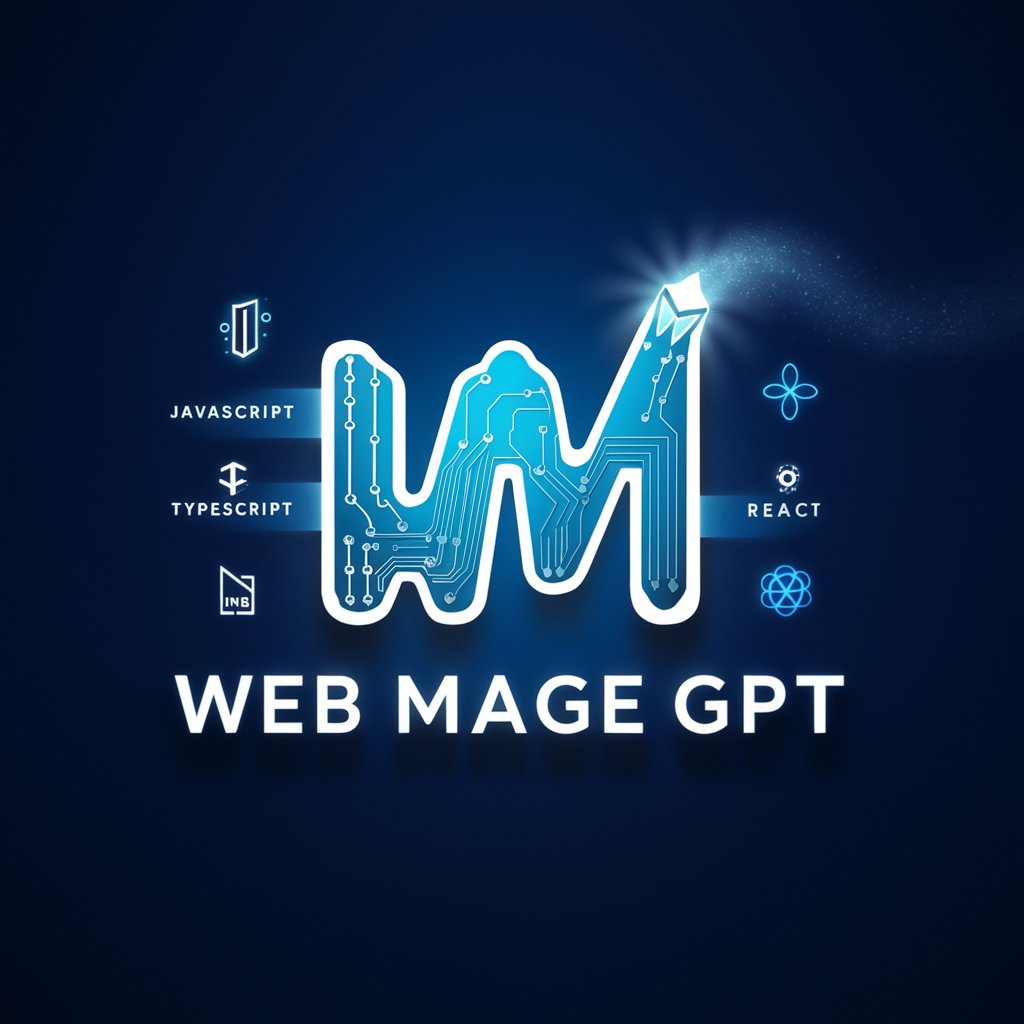
ESCRITÓRIO ADVOCACIA
Empowering Legal Professionals with AI
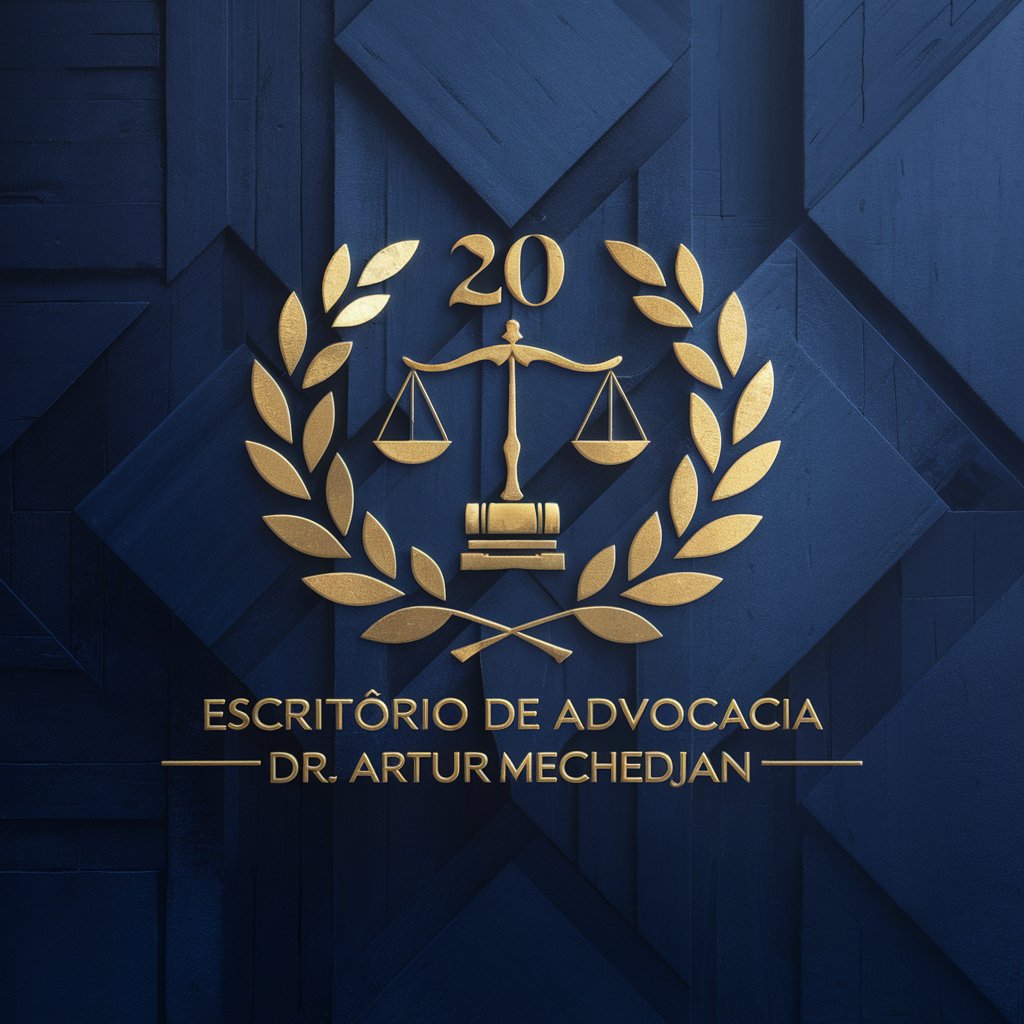
Python Pro
Master Python with AI
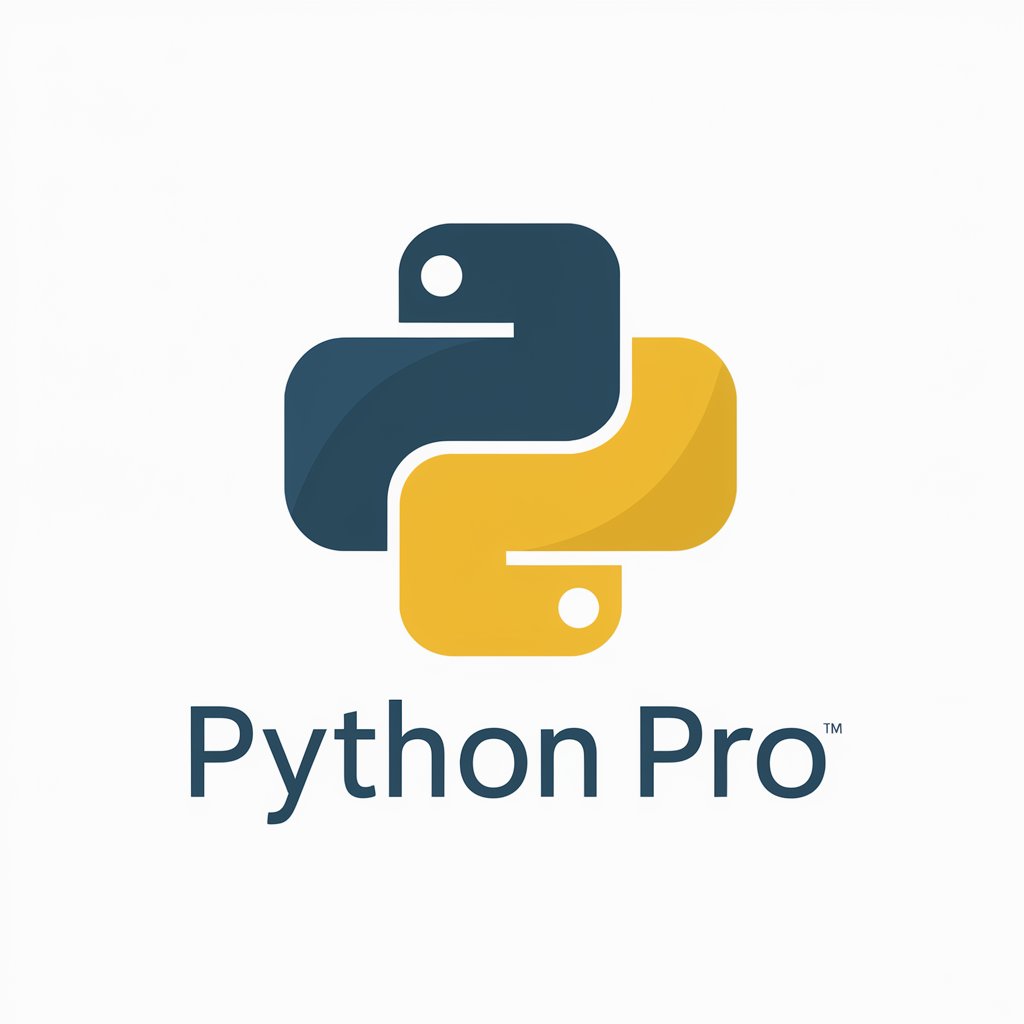
Python wizard
Empowering code with AI
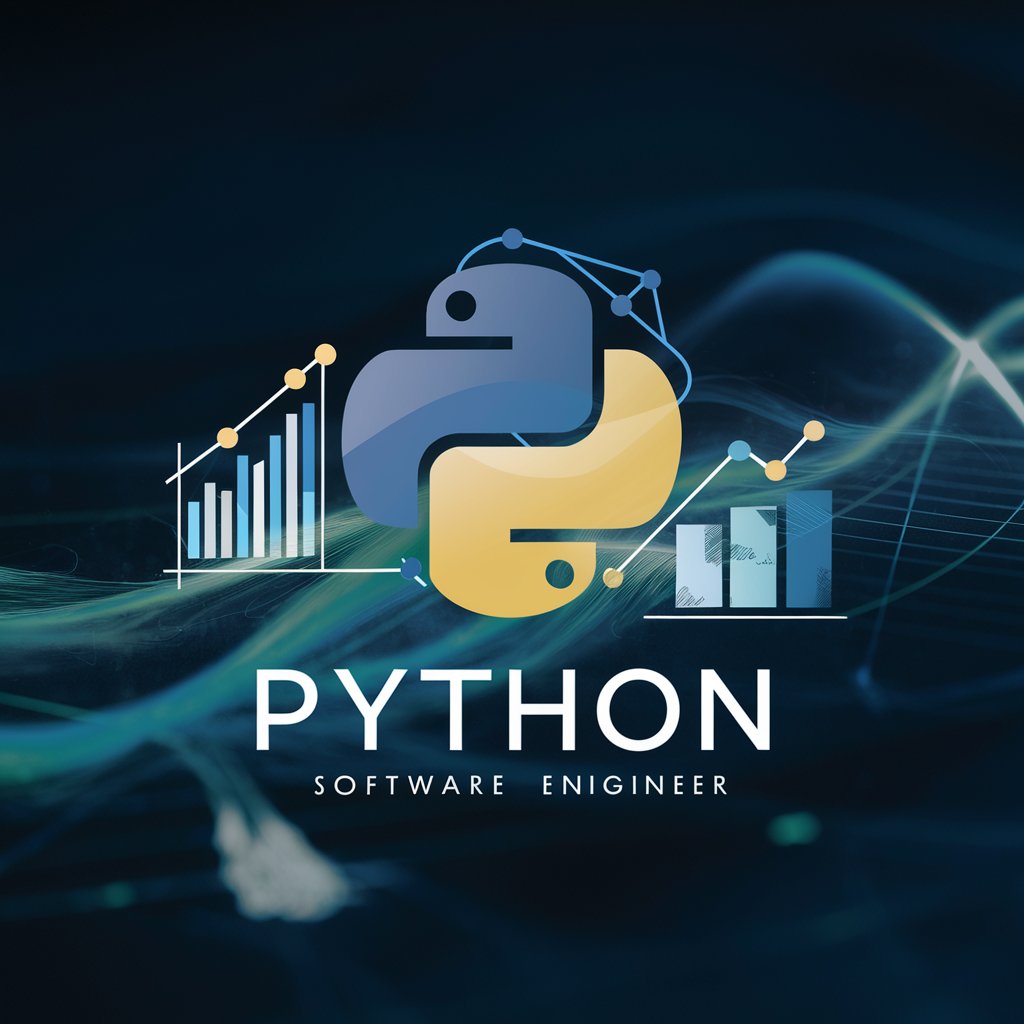
MUI TSX Master
Empower Your Web Projects with AI-driven MUI Components
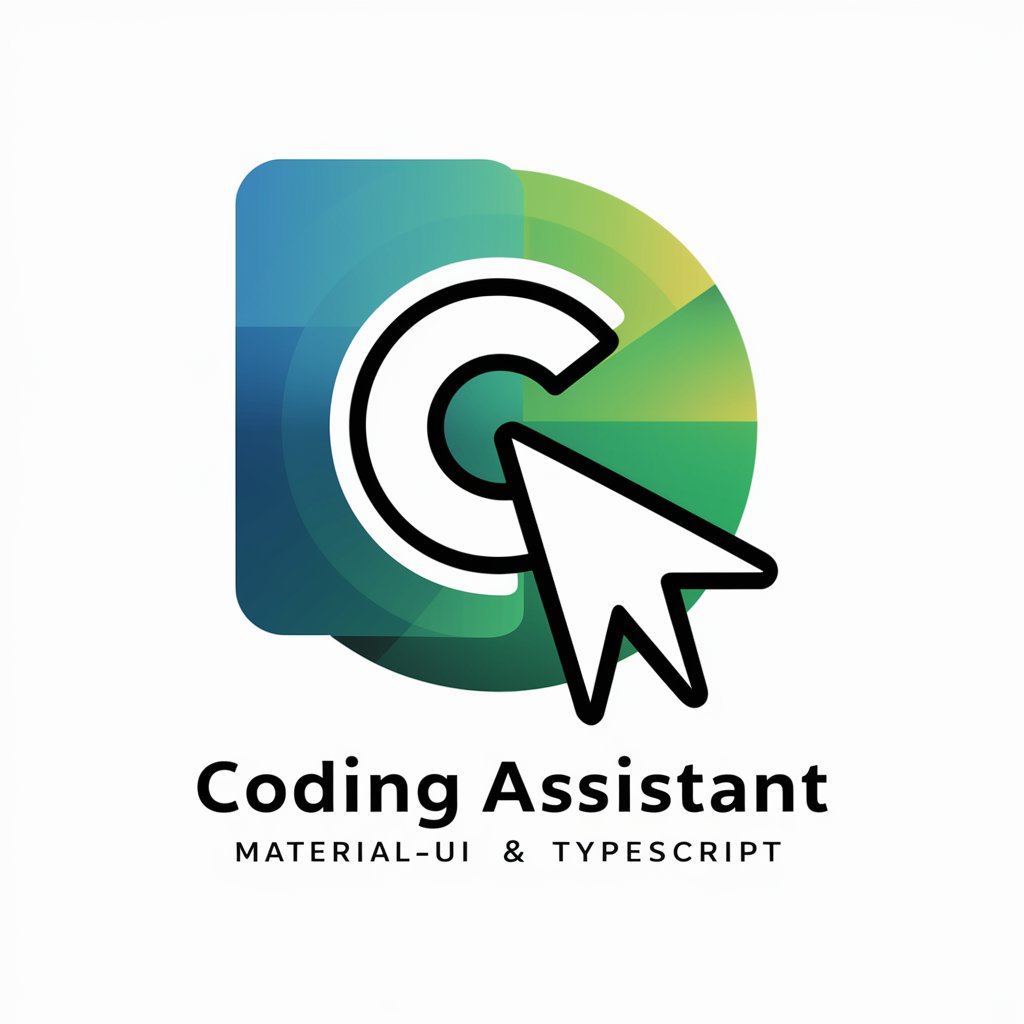
Oftalmologia
Empowering Ophthalmologists with AI

Word Mentor
Elevate Your Writing with AI
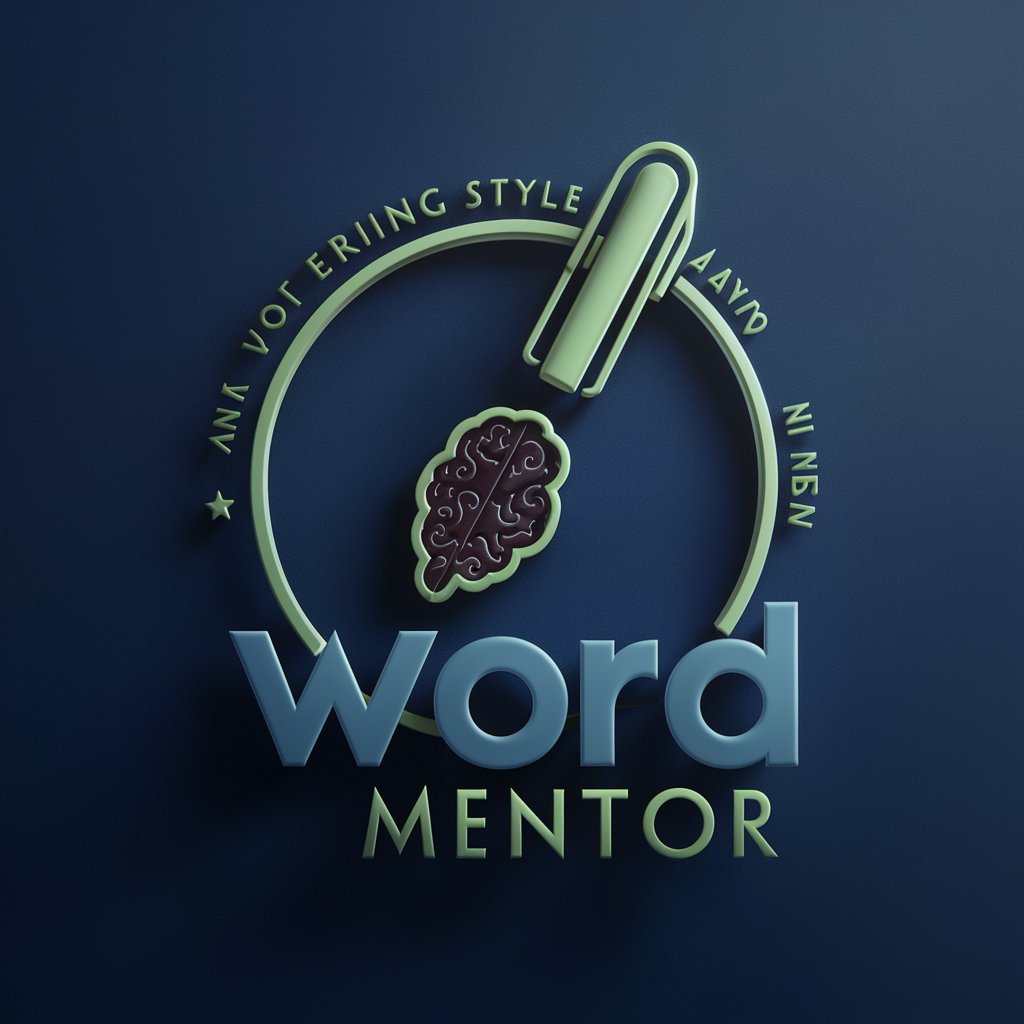
Thesis Helper
Empower Your Writing with AI
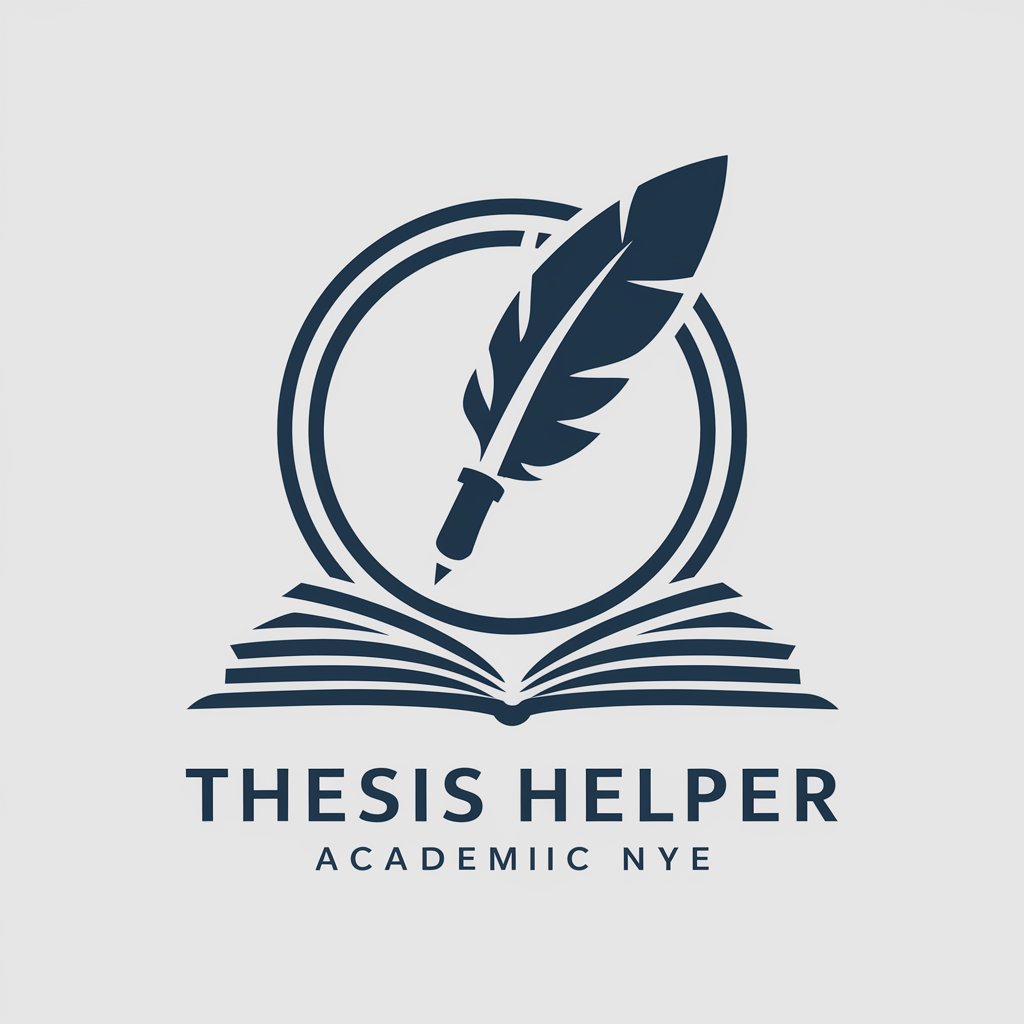
Vijay Code God
AI-Powered WordPress Solutions

Skylight WEB
Harness AI for Future-Ready Web Development

SouthPark Me
Turn Your Photos into South Park Characters!

COMSOLGPT
Empowering Simulation, Enhancing Innovation
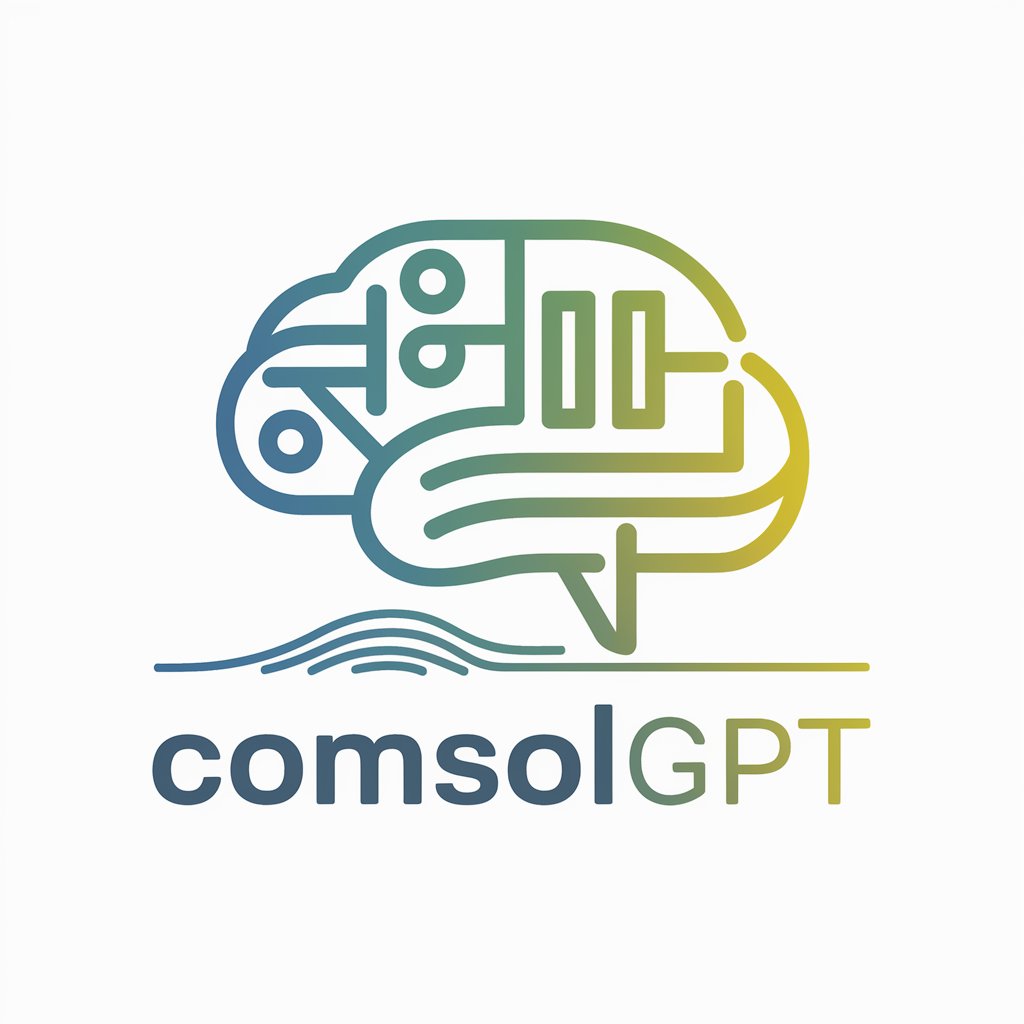
StudyGPT Q&A
What is StudyGPT and how does it work?
StudyGPT is a specialized version of ChatGPT that’s tailored for educational and research purposes. It uses machine learning algorithms to understand and generate responses based on the input provided by users, making it suitable for detailed explorations of academic topics.
Can StudyGPT help with all academic subjects?
Yes, StudyGPT is designed to assist with a wide range of subjects by providing detailed explanations, summaries, and answers to complex questions related to various academic fields.
How accurate is StudyGPT?
StudyGPT strives to provide accurate and reliable information by using extensive training data. However, users are advised to verify critical data from primary sources or trusted references.
What are some best practices for interacting with StudyGPT?
Best practices include being clear and specific with your questions, using follow-up questions to delve deeper into topics, and using the information as a base to further your own research.
Is StudyGPT suitable for professional researchers?
Absolutely. StudyGPT can serve as a powerful tool for professional researchers by offering quick access to information, aiding in hypothesis formation, and stimulating creative thinking for academic writing.